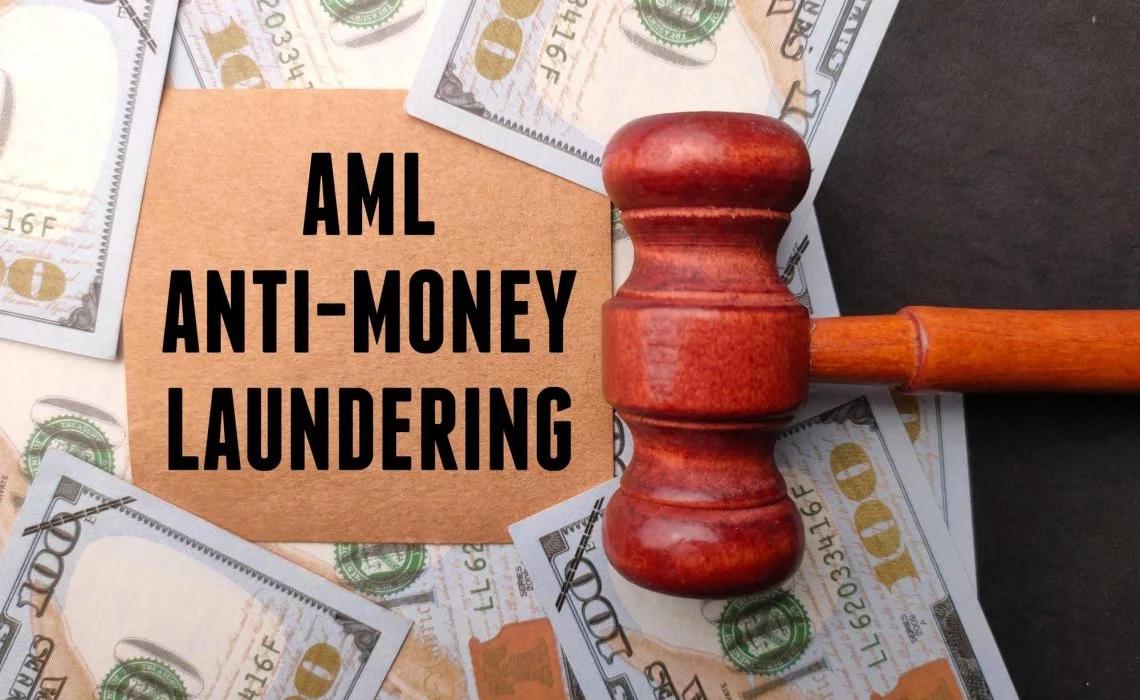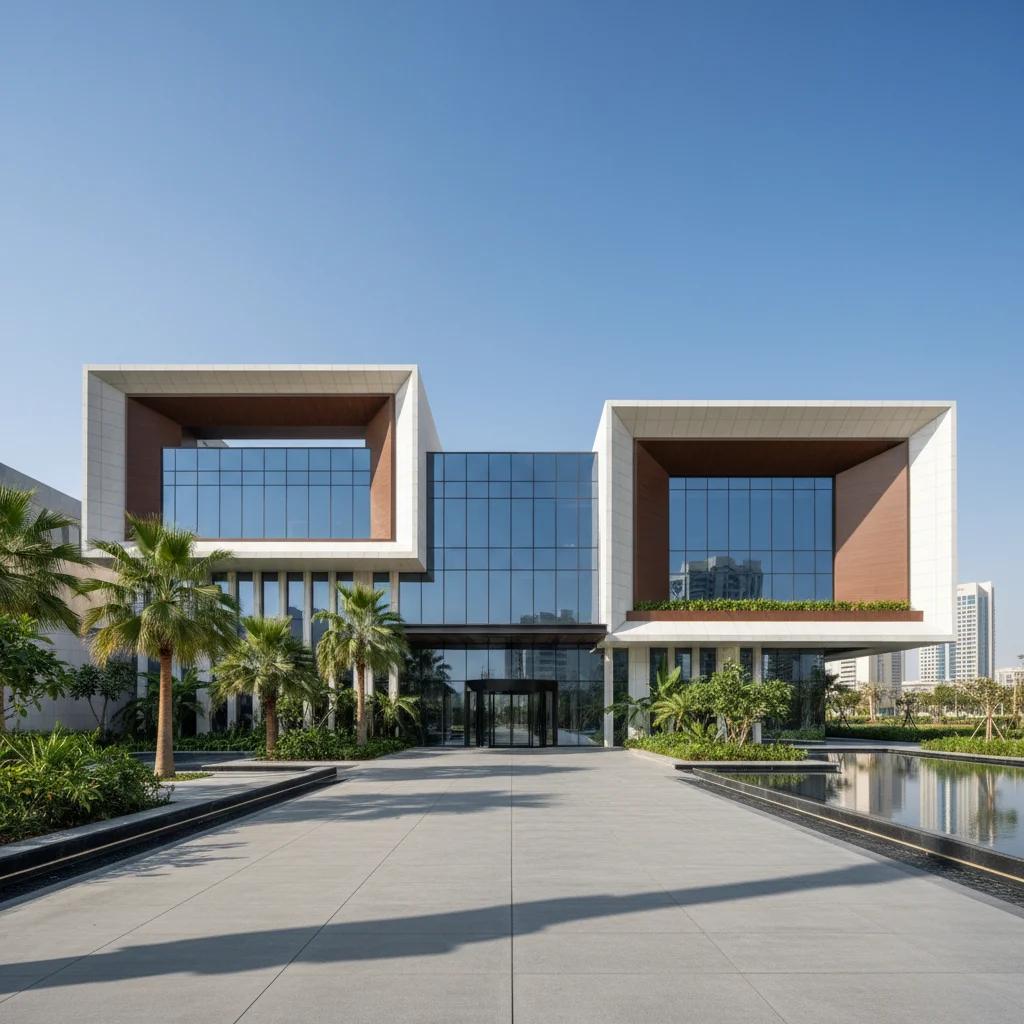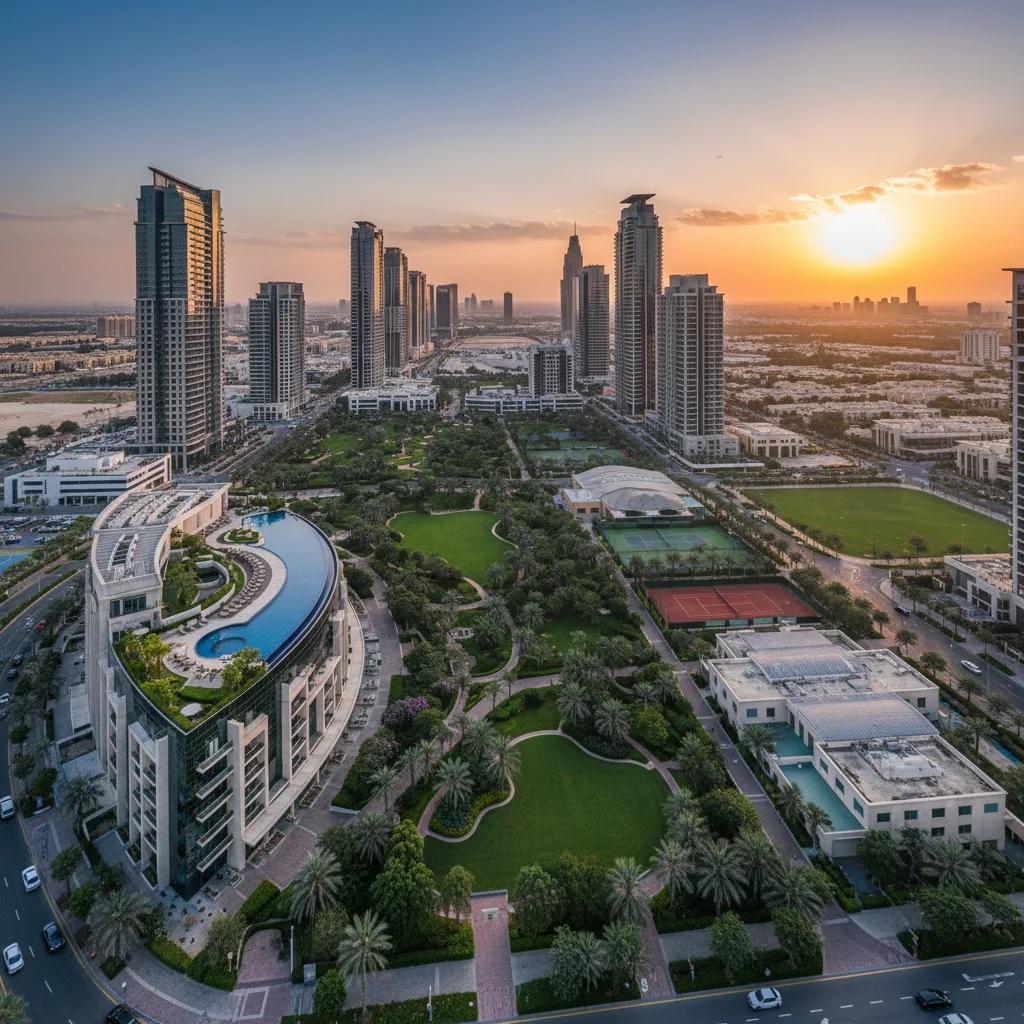
Cleaning Up Dubai's Real Estate: How Anti-Money Laundering Laws Ensure Transparency and Integrity
Investing in the real estate section in Dubai holds promising opportunities. The city has witnessed remarkable growth in the field during the last few years. After recovering from the consequences of the covid 19 and its associated complications, the demand for housing has been rising. This has attracted local and foreign investors to direct their attention to real estate. Unfortunately, like any other significant financial city, Dubai does not seem immune to money laundering issues and other financial crimes. Nevertheless, the government has taken necessary steps to fight the matter and ensure that the transactions taking place in the real estate world are transparent and integrated. To learn more about these rules and regulations, keep reading along.
What Does Money Laundering Mean?
Money laundering in real estate can be a complex and elusive concept, but it’s crucial to understand the steps taken to combat it. Simply put, money laundering in real estate involves concealing the proceeds of illegal activities, such as corruption, by investing in real estate assets. This can be accomplished through various methods, including purchasing properties with large amounts of cash, using shell corporations or trusts to hide the actual ownership of a property, or artificially inflating property values to move illicit funds. Due to the vast and liquid nature of the real estate market, high-value assets, and the ability to transfer funds across borders, it has become a popular vehicle for money laundering activities. Dubai is one of the major hubs that have taken significant steps to fight this activity.
Steps Taken by Government to Fight Money Laundering
Dubai’s commitment to eradicating money laundering in the real estate industry is unwavering. To guarantee transparency and integrity in every transaction, the government has implemented comprehensive regulations that leave no room for ambiguity. Every aspect of real estate transaction, including buying, selling, leasing, and mortgaging properties, is subject to rigorous documentation, registration, and validation procedures by competent authorities.
- Registering with RERA
To operate in Dubai, any real estate company or broker must ensure that they register with RERA. The Real Estate Regulatory Agency (RERA) is a government entity founded in 2007 to regulate Dubai’s real estate business. It establishes policies and plans for Dubai’s property sector to attract foreign investment and resolve conflicts between tenants and landlords. This legal entity ensures compliance with AML rules and regulations. In addition, RERA requires people working in the real estate industry to provide accurate records of all transactions and make them available to RERA to ensure minimal criminal practices and cheating.
- Know Your Customer “KYC”
One of the critical rules the Dubai government issued to fight money laundering is the “KYC.” “KYC” stands for the following phrase “Know your customer.” When you decide to invest in the property sector, the real estate agents and brokers are required to verify the identity of the clients. Moreover, they are supposed to do diligence checks on them to ensure they do not raise any suspicion, like being involved in illegal activities. If agents or brokers find suspicious transactions, they should immediately report that to the relevant authorities.
- Ultimate Beneficial Owner (UBO)
The “Ultimate Beneficial Owner” (UBO) rule is another essential rule issued by the government of Dubai to help fight money laundering issues. Simply put, this rule mandates all corporations and individuals involved in real estate transactions to reveal the true identity of the property’s beneficial owner. This makes the process more transparent and makes it more difficult for criminals to hide behind anonymous shell businesses and trusts.
- The Financial Intelligence Unit (FIU)
By establishing the Financial Intelligence Unit, Dubai has made overseeing AML activities much more efficient. In addition, this unit works with agencies responsible for enforcing laws and governmental bodies to detect and prevent money laundering crimes in the real estate sector.
In conclusion, investing in the real estate sector in Dubai can provide promising opportunities for local and foreign investors. However, knowing the potential risks associated with money laundering and other financial crimes is vital. The Dubai government has taken significant steps to combat these issues by implementing regulations that promote transparency and integrity in every aspect of real estate transactions. These regulations include registration with RERA, the “Know Your Customer” rule, the Ultimate Beneficial Owner rule, and the establishment of the Financial Intelligence Unit. By adhering to these regulations, Dubai ensures that the real estate sector remains a safe and secure investment opportunity for all.
Have you thought about the steps taken by the government to fight money laundering in real estate? Are there any other steps you would like to add to our list? Do not hesitate to share your answers in the comment section below. But, as always, we cannot wait to hear from you.




